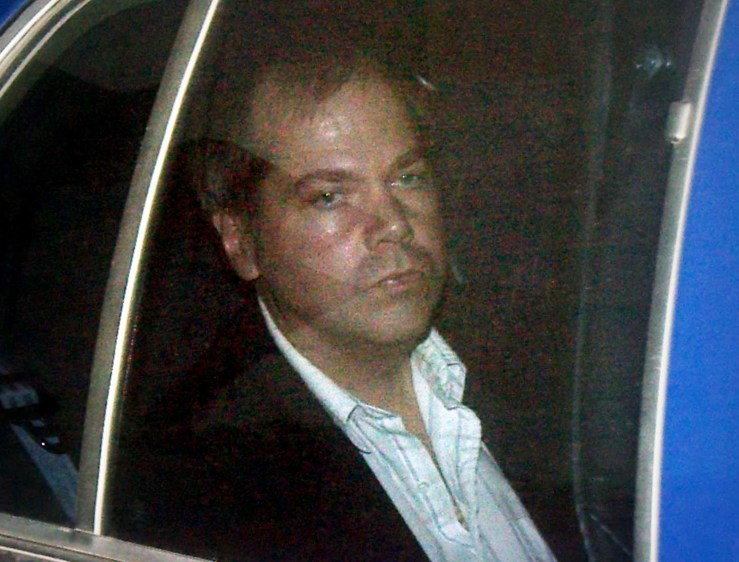A federal judge said Monday the man behind the assassination attempt of former President Ronald Reagan back in 1981 can be free of all remaining restrictions placed on him by next year. Those restrictions currently placed on John Hinckley Jr. require doctors and therapists to oversee his psychiatric medication and therapy while preventing him from having a gun. They also prevent him from contacting Reagan’s children, other victims or their families, or actress Jodie Foster. Hinckley Jr. was obsessed with Foster at the time of the shooting.
Hinckley was 25 when he shot and wounded former President Reagan outside a Washington hotel. The assassination attempt paralyzed press secretary James Brady. Secret Service agent Timothy McCarthy and Washington police officer Thomas Delahanty were also hurt.
Hinckley was suffering from acute psychosis. When jurors found him not guilty by reason of insanity, they said he needed treatment and not a lifetime in confinement.
The restrictions have been in place since he moved to Williamsburg, Virginia from a Washington hospital back in 2016. During a 90-minute court hearing Monday, U.S. District Court Judge Paul L. Friedman said Hinckley has displayed no symptoms of active mental illness, no violent behavior and no interest in weapons since 1983.
A 2020 violence risk assessment concluded that Hinckley would not pose a danger if he’s unconditionally released.
“If he hadn’t tried to kill the president, he would have been unconditionally released a long, long, long time ago,” Friedman said. “But everybody is comfortable now after all of the studies, all of the analysis and all of the interviews and all of the experience with Mr. Hinckley.”
Friedman said the plan is to release Hinckley from all court supervision next June. The judge is expected to officially rule on the plan this week.
The U.S. government had previously opposed ending restrictions. Now attorneys for the government say they would agree to unconditional release if Hinckley follows the rules and shows mental stability for the next nine months.
“All we have to do is wait a few more months and see,” Attorney Kacie Weston said. “And we’ll have actual hard data. We’ll have information in real time to see how Mr. Hinckley adapts.”
 FILE PHOTO: John Hinckley Jr. arrives at the E. Barrett Prettyman U.S. District Court in Washington D.C. November 19, 2003. REUTERS/Brendan Smialowski/File Photo
FILE PHOTO: John Hinckley Jr. arrives at the E. Barrett Prettyman U.S. District Court in Washington D.C. November 19, 2003. REUTERS/Brendan Smialowski/File Photo
 FILE PHOTO: John Hinckley Jr. arrives at the E. Barrett Prettyman U.S. District Court in Washington D.C. November 19, 2003. REUTERS/Brendan Smialowski/File Photo
FILE PHOTO: John Hinckley Jr. arrives at the E. Barrett Prettyman U.S. District Court in Washington D.C. November 19, 2003. REUTERS/Brendan Smialowski/File Photo










